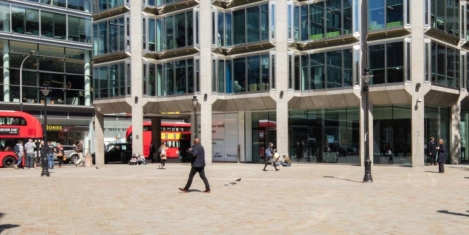January 25, 2019
Government announces protections for pregnant mums and new parents returning to work
 Pregnant women and new parents returning to work after having children are to be further protected from unfairly losing their jobs under new proposals set out by the UK government. The consultation, launching today (25 January 2019) and running to 5 April, proposes that the legal protection against redundancy for pregnant women and new mothers on maternity leave is extended so that it continues for up to 6 months after they return to work. It will also seek views on affording the same protection to parents returning from adoption leave or shared parental leave.
Pregnant women and new parents returning to work after having children are to be further protected from unfairly losing their jobs under new proposals set out by the UK government. The consultation, launching today (25 January 2019) and running to 5 April, proposes that the legal protection against redundancy for pregnant women and new mothers on maternity leave is extended so that it continues for up to 6 months after they return to work. It will also seek views on affording the same protection to parents returning from adoption leave or shared parental leave.




































January 25, 2019
The state of the workplace right now? Everywhere and nowhere, baby 0
by Paul Carder • Comment, Facilities management, Features, Premium Content, Property, Workplace design
(more…)